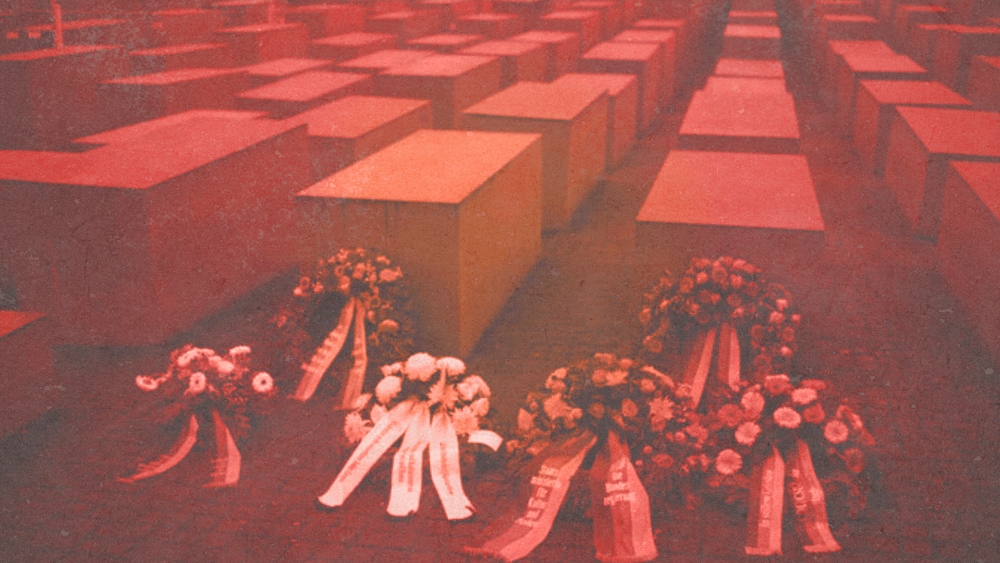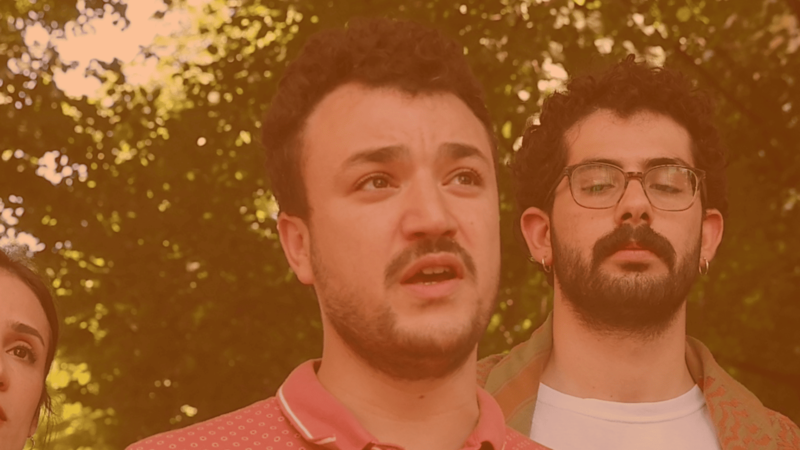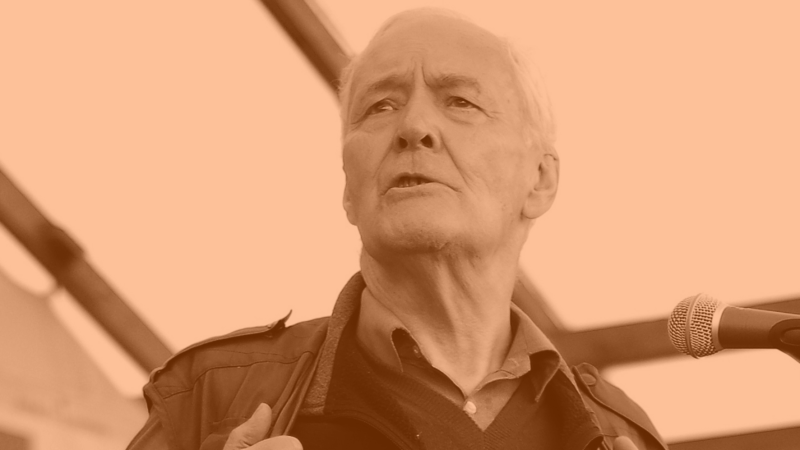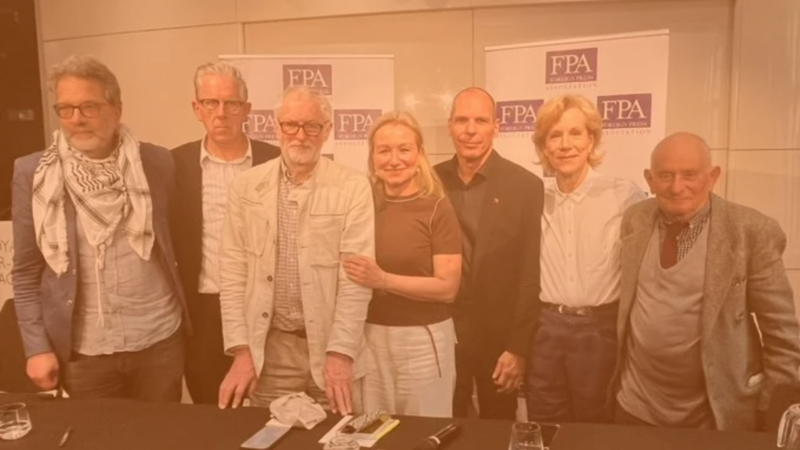An interview with Udi Raz from Jewish Voice for Peace in the Middle East on how the Holocaust impacted the societies and politics of both Germany and Israel
January 27 is Holocaust Remembrance Day, a date of enormous symbolic importance in Europe, marking one of the darkest chapters in human history. It’s a day of particular significance in Germany, of course. The so-called remembrance culture, Germany’s reckoning with the legacy of the Nazi periods, and the industrial scale genocides perpetrated by the Nazi regime, have been much lauded internationally.
But today, parts of this culture are increasingly coming into question by many, with charges of antisemitism being used by German institutions to silence voices speaking up for the rights of Palestinians in particular. The targets of these charges are, disproportionately, the Palestinians themselves, Arabs, more broadly, and Jews.
On the international stage, meanwhile, Germany’s long steadfast support for the State of Israel, which remains unshaken even as the civilian toll in Gaza continues to climb to ever more obscene numbers, has raised the ire of many. The support, of course, is again justified by the legacy of the Holocaust and the German state’s resulting sense of responsibility towards the security of the Jewish state.
What about Israel itself? How has the memory of the Holocaust shaped Israeli society and how does it influence the Israeli government’s words and actions? To discuss all this, DiEM25 Communications Director Lucas Febraro sat down with Udi Raz, a doctoral fellow at the Berlin Graduate School for Muslim Cultures and Societies and a board member of Jewish Voice for Peace in the Middle East, in Germany.
Watch the full interview below
Do you want to be informed of DiEM25's actions? Sign up here















